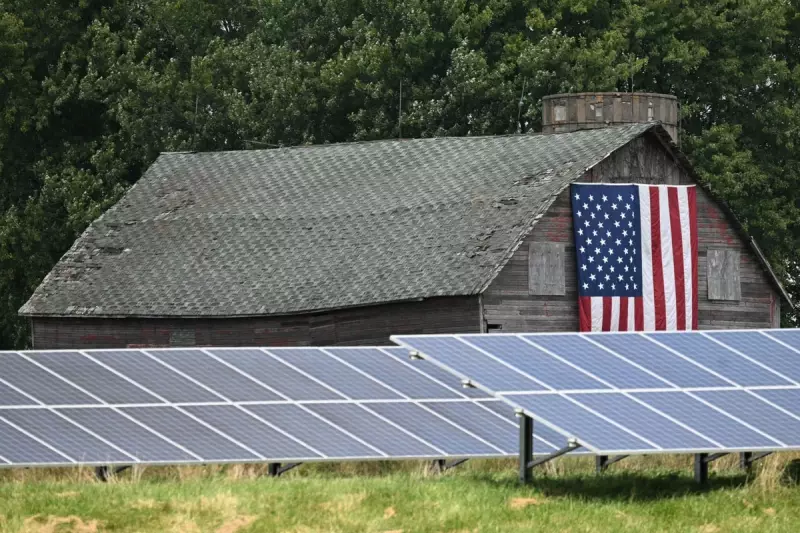
In a revelation that reads like a spy thriller, US security investigators have uncovered a potentially devastating vulnerability lurking within the nation's renewable energy infrastructure. Chinese-manufactured solar panels, installed across military bases and critical power grids, may contain hidden components capable of remote espionage.
The Hidden Backdoor in Green Energy
The investigation, spearheaded by US officials, centres on a specific type of component embedded within these solar panels. Security experts fear this hardware could be remotely activated, creating a clandestine connection to Chinese servers. Once active, this 'backdoor' could allow operatives to monitor data or even disrupt the energy supply to vital installations.
Military Bases in the Crosshairs
The implications for national security are profound. With numerous US military bases utilising solar farms to power operations, the potential for espionage is immense. A compromised panel could theoretically be used to gather intelligence on troop movements, base operations, and communications, turning a symbol of sustainability into a potent spy tool.
From Power Grids to Panels: A New Cyber Frontier
This threat extends far beyond the fence lines of military installations. The potential for hackers to gain a foothold in the broader national power grid via these panels represents a nightmare scenario for cybersecurity and energy officials. It highlights a new frontier in cyber warfare, where everyday infrastructure can be weaponised.
Global Ripples and the UK's Position
While the immediate focus is on the United States, the discovery sends shockwaves through allied nations, including the UK. As Britain continues to expand its own renewable energy capacity, heavily reliant on global supply chains, the security of its critical infrastructure is now under a new microscope. This incident is likely to trigger a major reassessment of procurement and security protocols for green technology worldwide.





